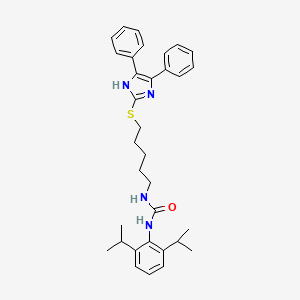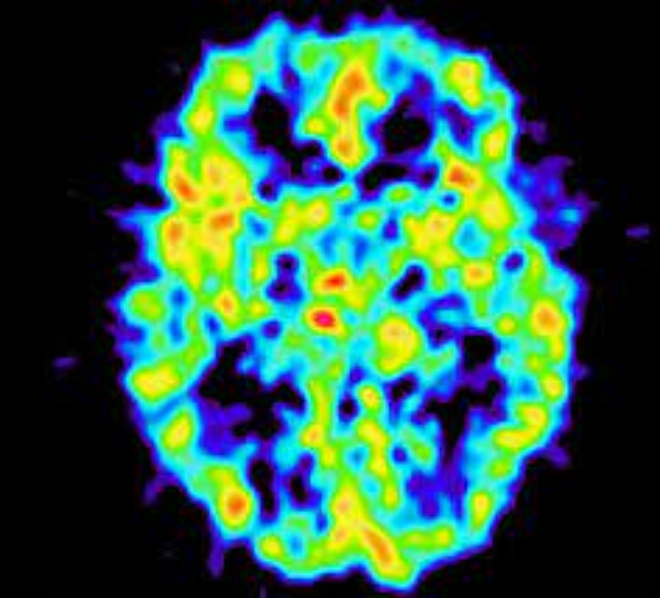|
Name: JWH-073 (1-Butyl-3-(1-naphthoyl)indole)
Type: Synthetic cannabinoid
AKA: JWH-073, synthetic cannabinoids

|
|
II. Natural Derivative
Synthetic substance, no natural derivative
 |

|
|
IV. History
JWH-073, a synthetic cannabinoid, was first synthesized in the early 2000s. It is known for its potent psychoactive effects and was developed as part of a broader trend in synthetic cannabinoids. Its use in synthetic cannabis products has led to regulatory concerns due to its health risks and abuse potential.

|
|
V. Legal Information
JWH-073 is a synthetic cannabinoid with high abuse potential. It is classified as a Schedule I controlled substance in the United States due to its psychoactive effects. Many countries impose similar restrictions to control its misuse and protect public health. [Source: UNODC].
US Federal Schedule - I
Schedule I drugs, substances, or chemicals are defined as drugs with no currently accepted medical use and a high potential for abuse. Some examples of Schedule I drugs are: heroin, lysergic acid diethylamide (LSD), marijuana (cannabis), 3,4-methylenedioxymethamphetamine (ecstasy), methaqualone, and peyote.
Key US Federal Policies:
Controlled Substances Act. Public Law: Public Law 91-513 (text can be found on GovInfo) (https://www.dea.gov/drug-information/csa). Date enacted: October 27, 1970.
|
|
VI. Physical Effects
JWH-073 is a synthetic cannabinoid with potent psychoactive effects. It increases heart rate and blood pressure. Short-term use may produce intense psychoactive effects, while long-term use poses risks of cardiovascular issues and psychological problems. Overdose risks include severe agitation, hallucinations, and cardiovascular effects. Safe use requires cautious dosing and monitoring. Recent research explores its psychoactive effects and associated health risks.  |
|
VII. Psychological Effects
JWH-073, a synthetic cannabinoid, affects cannabinoid receptors, leading to euphoria, altered perception, and relaxation. Immediate effects include mood elevation and visual distortions, lasting several hours. Long-term use may result in severe psychological effects, including paranoia and cognitive impairments. Research emphasizes its potential for psychological dependence and mental health risks.
 |
|
VIII. Culture
JWH-073 is a synthetic cannabinoid developed in the early 21st century, with no historical or cultural lore. It is used recreationally for its psychoactive effects and is part of the synthetic drug culture. Its modern cultural impact includes debates over the safety and regulation of synthetic cannabinoids. Proponents in the recreational drug community emphasize its potency, while opponents warn of the health risks and cognitive impairment associated with its use. It is primarily used recreationally, contributing to the ongoing discussion about synthetic versus natural cannabinoids.
 |
